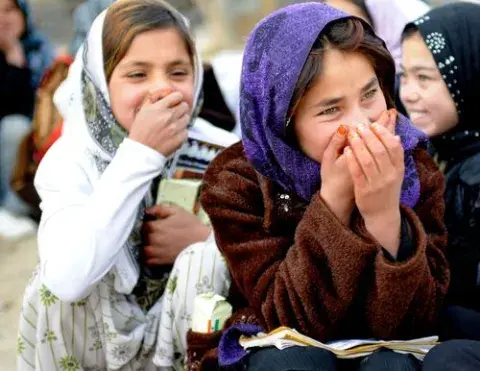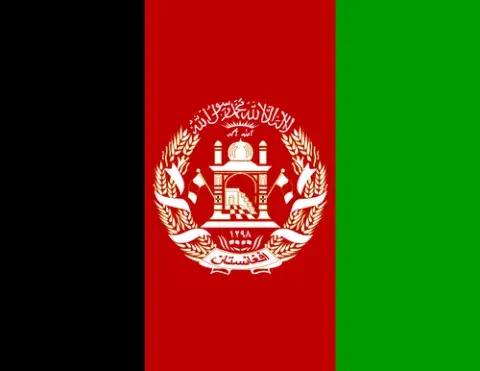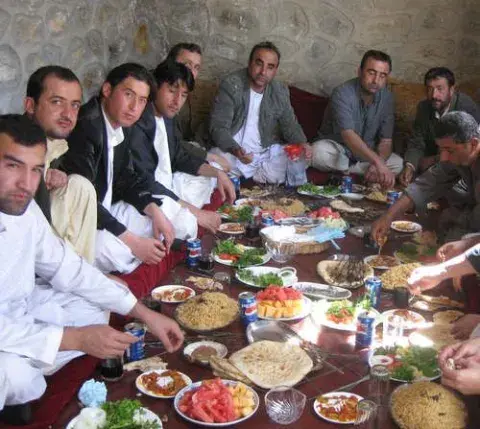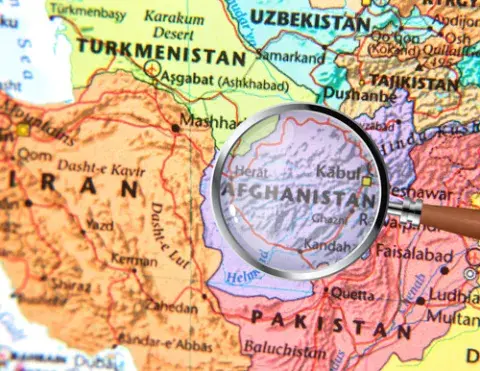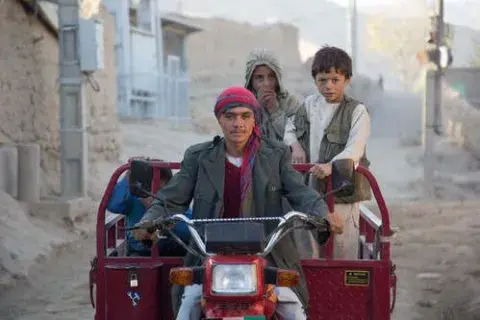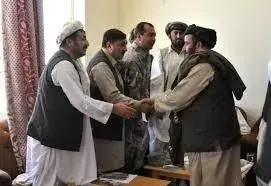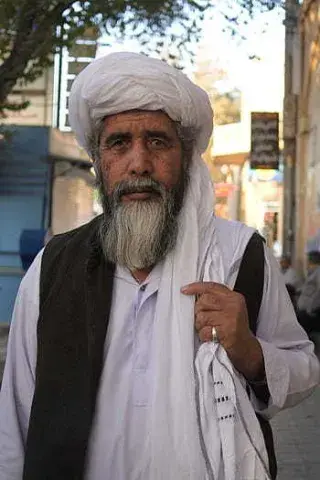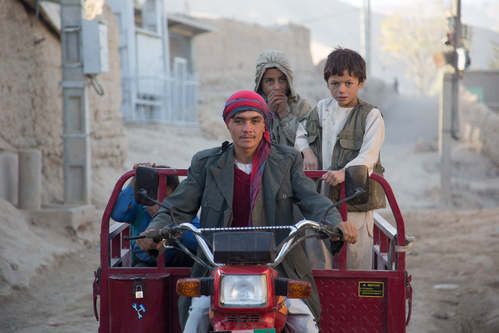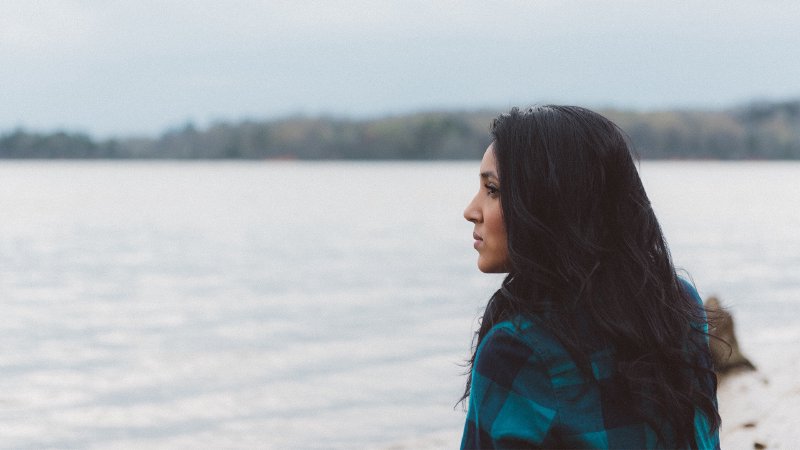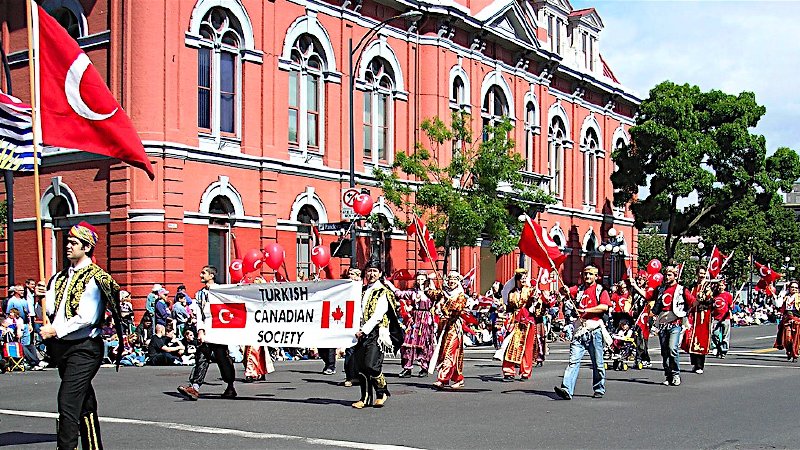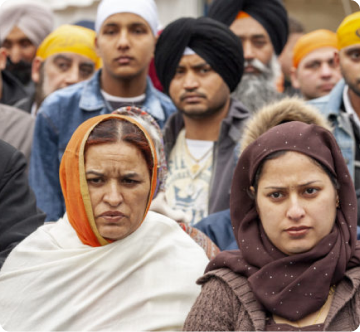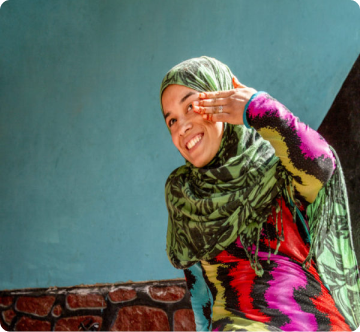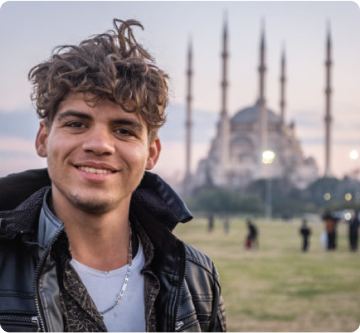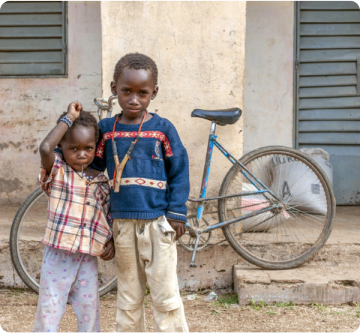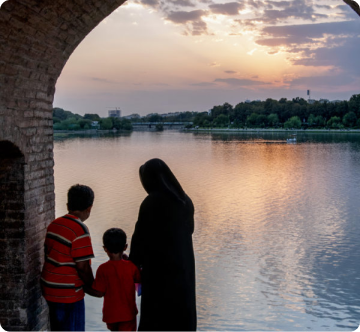Quick Facts
Place of Origin: Afghanistan is located in Central Asia. It is surrounded by five countries, Iran (West), Pakistan (East), Turkmenistan (North), Uzbekistan (North), Tajikistan (North).
Religion: Islam (99.7%), other religions include: Christians, Sikhs, Hindus and Bahai.
Population: 38.04 million
(Primary) Languages: Dari and Pashto
(Secondary) Languages: , Uzbek, Turkmen, Balochi, Pashayi
Other Information:
- As foreign troops withdrew from Afghanistan in 2021, and the Taliban took control of the nation, Canada saw a fresh influx of Afghan refugees. The federal commitment is to resettle 40,000 Afghans to Canada, which means B.C. is preparing to welcome thousands of families and individuals over the coming months and years. BC to date has welcomed about 1255 Afghans, primarily settling in Metro Vancouver, with some on Vancouver Island and the Okanagan. This number will likely increase over the coming months. #WelcomeAfghans: Key figures - Canada.ca
- In response to this most recent influx, a new $2-million fund will help the Province of BC boost local services and supports for families resettling in British Columbia due to the humanitarian crisis in Afghanistan. The Refugee Readiness Fund is a one-time investment to ensure that B.C. communities are ready to welcome and respond to the needs of refugees from Afghanistan who are resettling in the province. https://news.gov.bc.ca/releases/2021MUNI0064-002098
- Afghan ‘tribal’ identity is evident in Canada as well as in their homeland—they prefer to interact with their own people/language group over other Afghan immigrants of differing ethnicities/languages.
- A significant subset of Afghan refugees in BC are from the Dari-speaking Hazara ethnic group, who fled Taliban persecution in Afghanistan.
- Afghans have a great sense & tradition of hospitality.
- Afghans have a strong sense of national pride of who they are & the fact that they have never been conquered for long.
- The mayor of Burnaby recently claimed that the city is the most diverse people-group-wise in all of Canada.
When did Afghan Muslims first come to Canada?
Afghan immigration to Canada began in 1978. The Saur Revolution and subsequent Soviet invasion in 1979 were the initial push factors for Afghans that led to a wave of immigrants arriving in the early 1980s. Many have settled in Toronto, Montreal, and Vancouver. Due to ongoing political turbulence Afghan Muslim migration to Canada continues.
Where do Afghan Muslims live in the Lower Mainland?
Burnaby (Edmonds area), New Westminster, Coquitlam, Surrey, and the Fraser Valley have established communities. These gateway cities are the most likely to welcome the latest influx of Afghan refugees.
Population Estimate in Metro Vancouver: 15,000~
What are Afghan Muslim lives like?
- Most Afghan Muslims in Metro Vancouver are survivors of trauma; almost every single Afghan here is a refugee, comes from a family of refugees, or is connected to refugees.
- As a result of this trauma, there is a higher incidence of PTSD and other forms of stress and mental turmoil in this population than the typical demographic in Metro Vancouver.
- Education opportunities for Afghans (particularly girls and women) have been chronically disrupted by unrest. 50% of Afghans 15-24 are illiterate. This has a direct impact on their ability to integrate into the Canadian educational and economic systems. https://borgenproject.org/top-10-facts-about-education-in-afghanistan/
- Afghans who don’t conform to the social and religious standards of their community, choosing instead a more western lifestyle, may experience judgment, rejection, and social exclusion.
- Most Afghans remain isolated within their own cultural groups, largely because they have not been befriended by any Canadians. Some may be suspicious of organized church initiatives, but most are open to sincere cross-cultural friendship.
- The Afghan community has developed a resource to support Afghan newcomers. BC_Resources_For_Afghans_Sept2021.pdf (bcrefugeehub.ca)
What do Afghan Muslims believe?
- The majority of Afghans identify with Islam. Most follow Sunni Islam, with a significant minority following Shia and Ismaili-Shia Islam.
- Many are nominal in their faith and practice. They may not attend mosque, observe the fast during Ramadan, or wear religious clothing such as hijabs, but still identify as Muslim.
- A small group of Afghan-Sikhs have been welcomed as refugees because they were facing persecution by the Taliban.
- Basic Muslim beliefs page - Islam: Basic Beliefs | URI
Gallery
